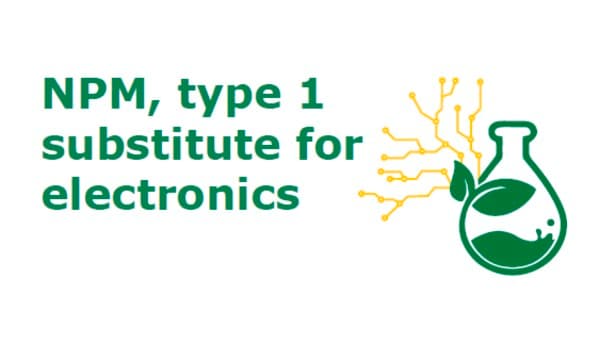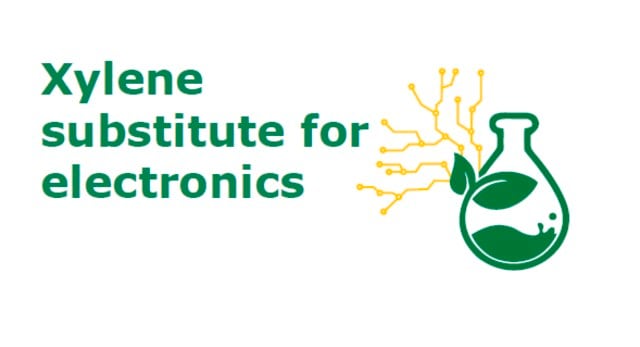AB2963
Anti-MMP-3 Antibody, NT
from rabbit, purified by affinity chromatography
Synonyme(s) :
matrix metallopeptidase 3 (stromelysin 1, progelatinase), matrix metalloproteinase 3 (stromelysin 1, progelatinase), Matrix metalloproteinase-3, transin-1, proteoglycanase, stromelysin-1, Transin-13
About This Item
Produits recommandés
Source biologique
rabbit
Niveau de qualité
Forme d'anticorps
affinity isolated antibody
Type de produit anticorps
primary antibodies
Clone
polyclonal
Produit purifié par
affinity chromatography
Espèces réactives
rhesus macaque, human
Réactivité de l'espèce (prédite par homologie)
chimpanzee (100% sequence homology), rhesus monkey (100% sequence homology)
Conditionnement
antibody small pack of 25 μg
Technique(s)
immunohistochemistry: suitable (paraffin)
western blot: suitable
Numéro d'accès NCBI
Numéro d'accès UniProt
Conditions d'expédition
ambient
Température de stockage
2-8°C
Modification post-traductionnelle de la cible
unmodified
Informations sur le gène
human ... MMP3(4314)
Description générale
Spécificité
Immunogène
Application
Cell Structure
MMPs & TIMPs
Qualité
Western Blot Analysis: 0.1-1 µg/mL of this antibody detects MMP-3 in 10 µg of PMA-treated HL-60 concentrated media.
Description de la cible
An uncharacterized band may be seen at ~78 kDa
Liaison
Forme physique
Stockage et stabilité
Remarque sur l'analyse
PMA-treated HL-60 concentrated media
Autres remarques
Clause de non-responsabilité
Vous ne trouvez pas le bon produit ?
Essayez notre Outil de sélection de produits.
Code de la classe de stockage
12 - Non Combustible Liquids
Classe de danger pour l'eau (WGK)
WGK 1
Point d'éclair (°F)
Not applicable
Point d'éclair (°C)
Not applicable
Certificats d'analyse (COA)
Recherchez un Certificats d'analyse (COA) en saisissant le numéro de lot du produit. Les numéros de lot figurent sur l'étiquette du produit après les mots "Lot" ou "Batch".
Déjà en possession de ce produit ?
Retrouvez la documentation relative aux produits que vous avez récemment achetés dans la Bibliothèque de documents.
Notre équipe de scientifiques dispose d'une expérience dans tous les secteurs de la recherche, notamment en sciences de la vie, science des matériaux, synthèse chimique, chromatographie, analyse et dans de nombreux autres domaines..
Contacter notre Service technique






